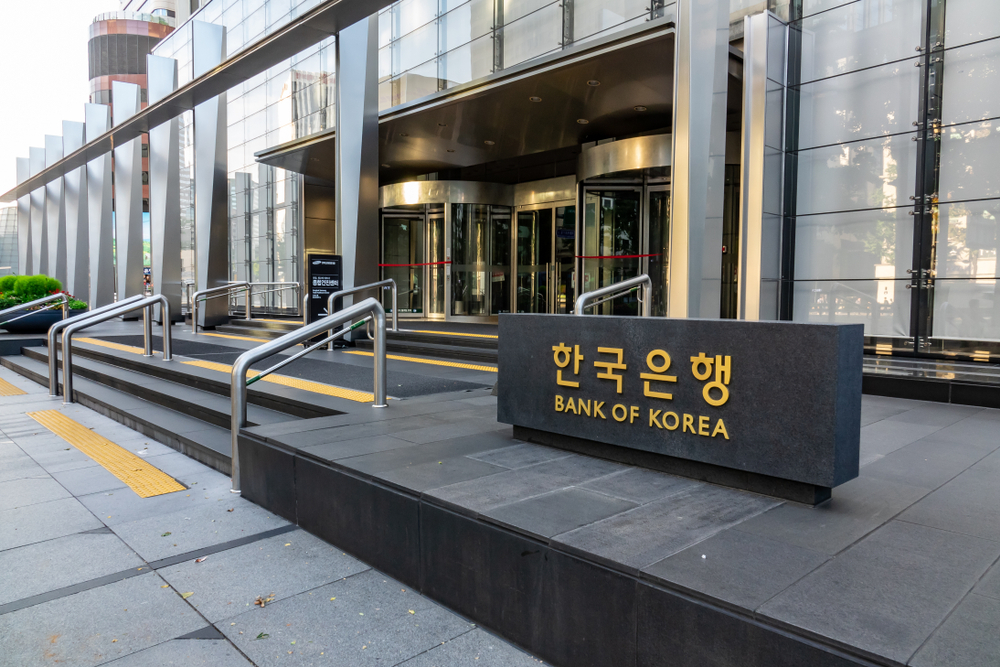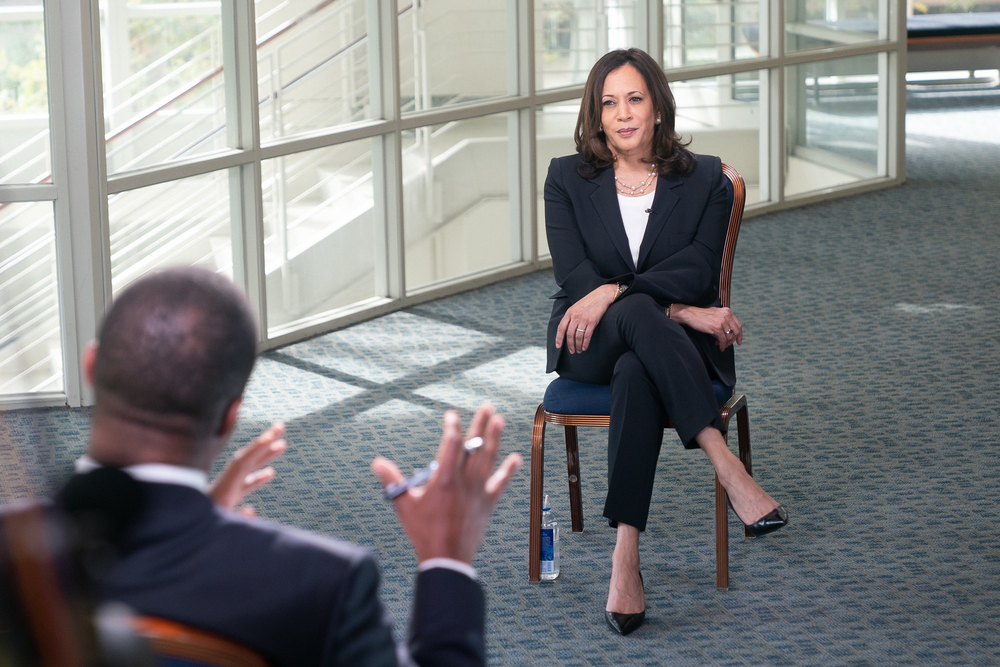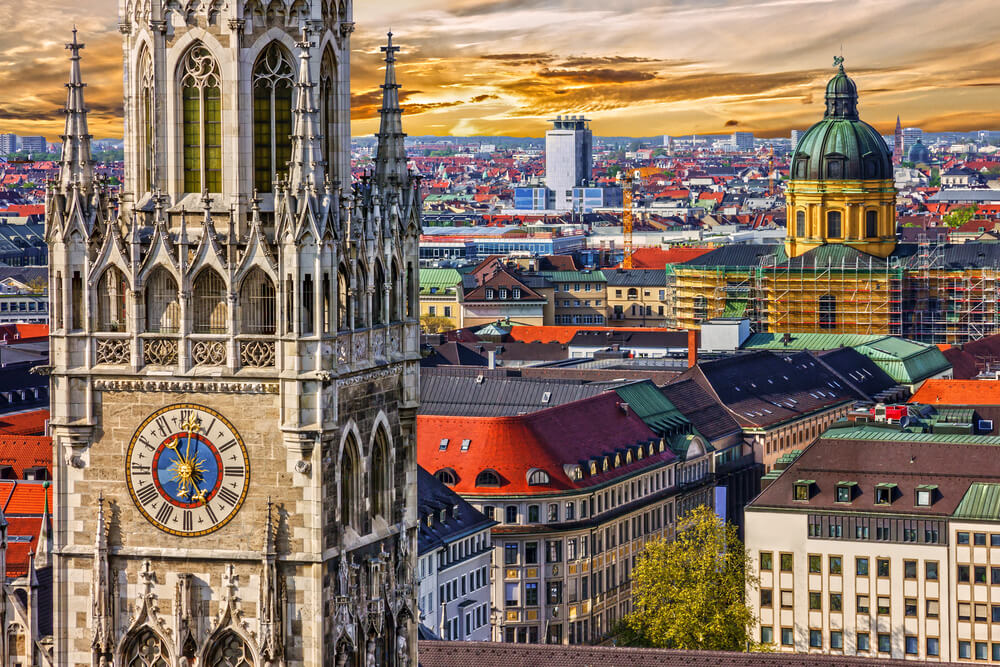South Korea is anticipated to raise interest rates on Thursday. If it pushes through, it will be the first major central bank in Asia to do the move during the pandemic. This comes as rising household debt and home prices in the country threaten financial stability.
The country will become Asia’s first major economy to begin normalising easy monetary policy, if it raises rates this week. That is, even as the country struggles to contain the spread of the Delta variant.
Only 16 of 30 analysts surveyed, however, were expecting the Bank of Korea (BOK) to raise its base rate by 25 basis points to 0.75%. The other 14 anticipate the bank to keep it unchanged at the record low. That said, the decision could be a close call.
Out of 22 analysts that have given end of the year forecasts, 14 expect the bank only raising once. The other eight expect once more and that is with only three meetings left until the end of the year.
Bank Lending to South Korean Households
Last month alone, bank lending to households grew 9.7 trillion won ($8.32 billion). It quickened even after the South Korean government started enforcing new caps on bank loans in July.
Woo Hye-young, fixed-income analyst at eBest Investment & Securities said that the BOK has been concerned about accumulating financial imbalances since May. Therefore, it will make a policy decision with more weight on financial stability than economic fundamentals, he said.
Daishin Securities’ economist Kong Dong-rak said that though the economy is under constant pressure from the COVID-19 resurgence, it is seen achieving growth of more than 4% for this year. Thus, reducing the possibility of a rate freeze.
Elsewhere, Paraguay is the latest Latin American country to raise its benchmark interest rate. In more than five years, this has been its first hike as rising food and fuel prices push inflation above the goal.
On Monday, the central bank raised the key rate by a quarter of a percentage point to 1%. It had been kept unchanged at 0.75% since July 2020.
Paraguay and its peers including Brazil, Mexico, Chile, and Uruguay raised interest rates to contain rising consumer prices as their economies reopened. For the second month in a row in July, inflation remained above the central bank’s 4% target. Additionally, the consumer price index sped up to 5.2%.













